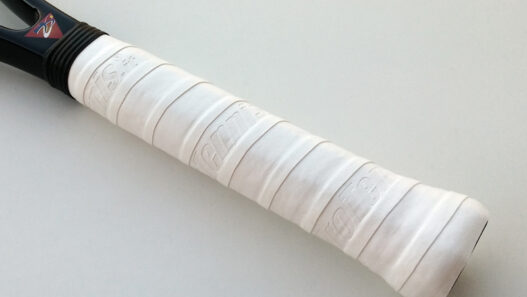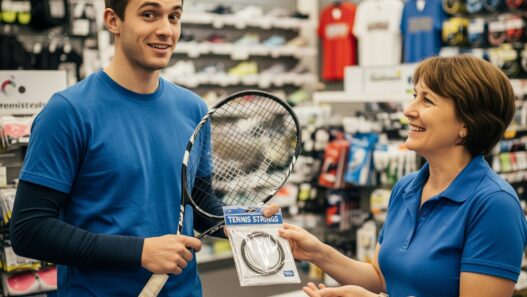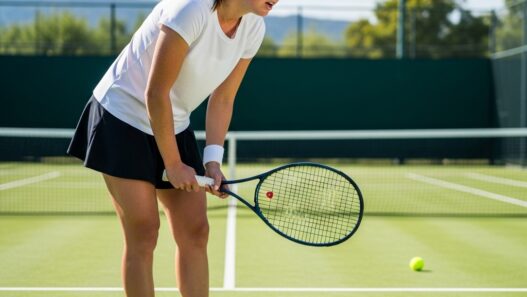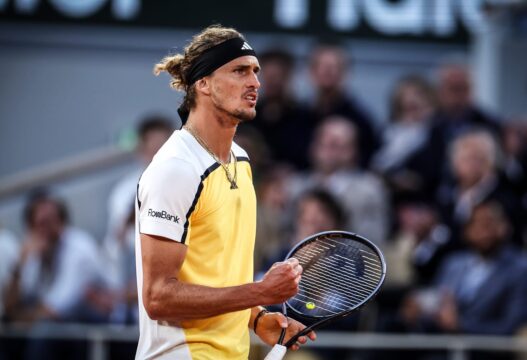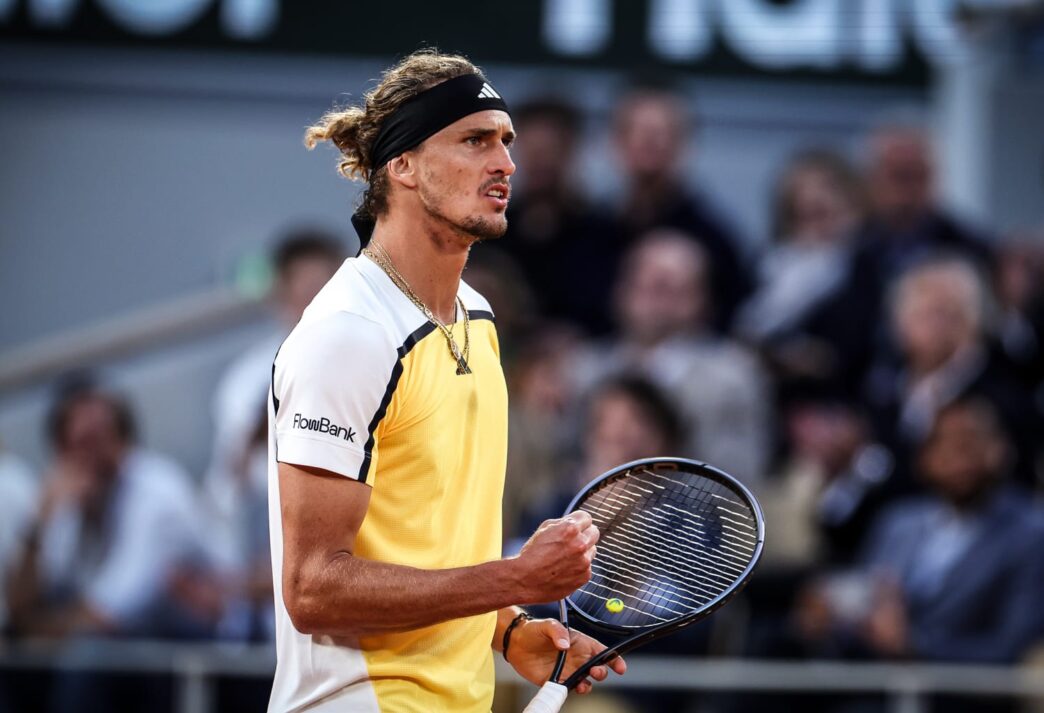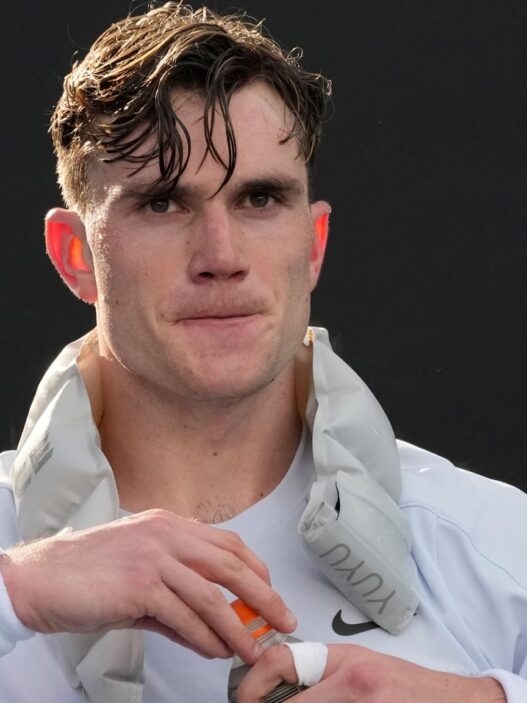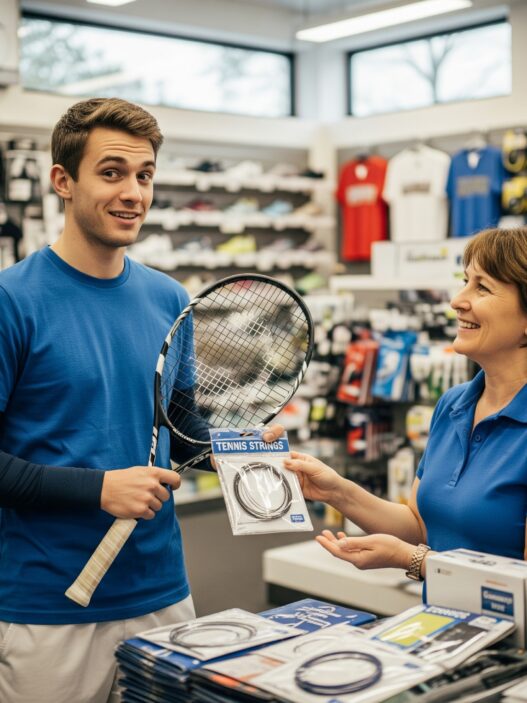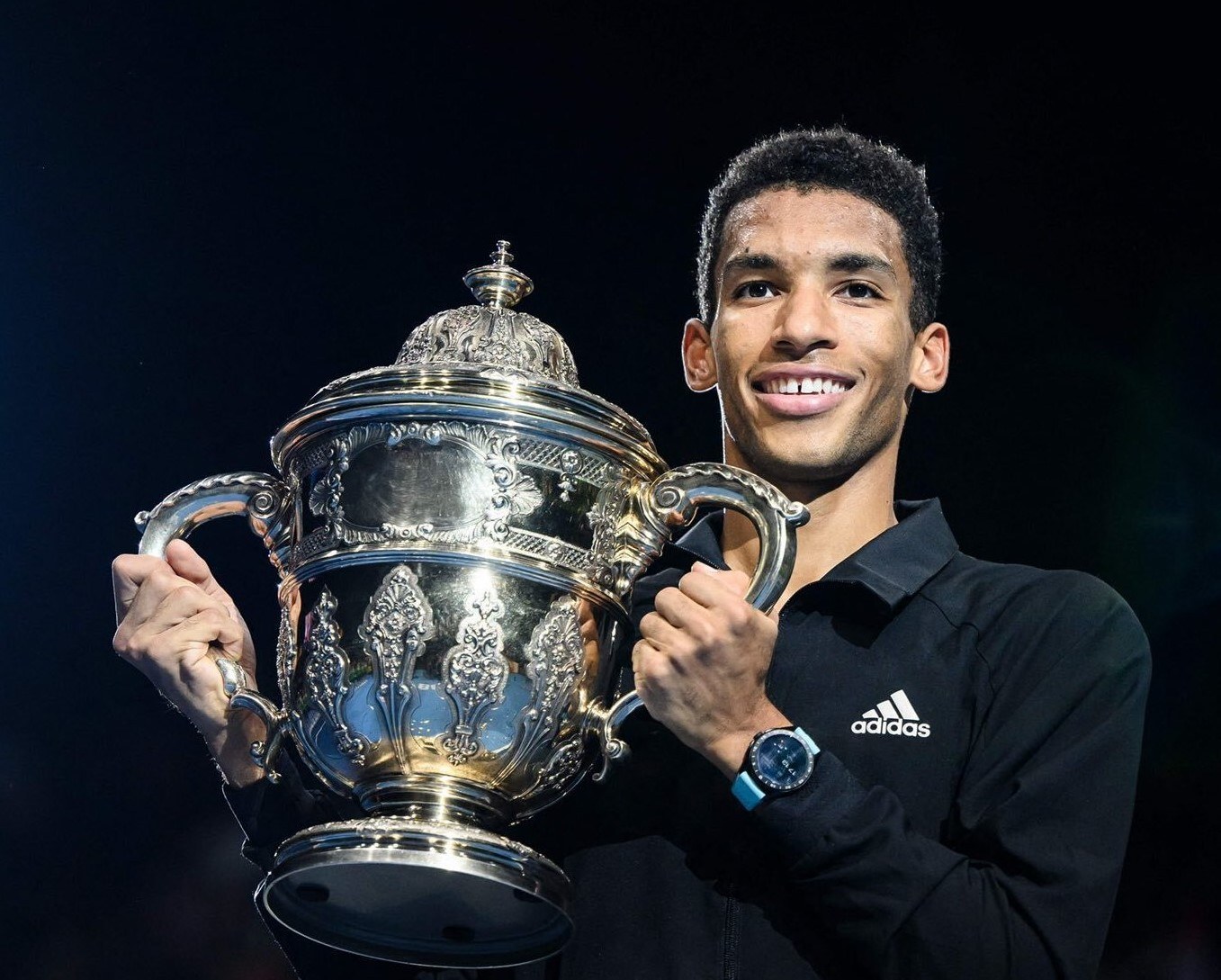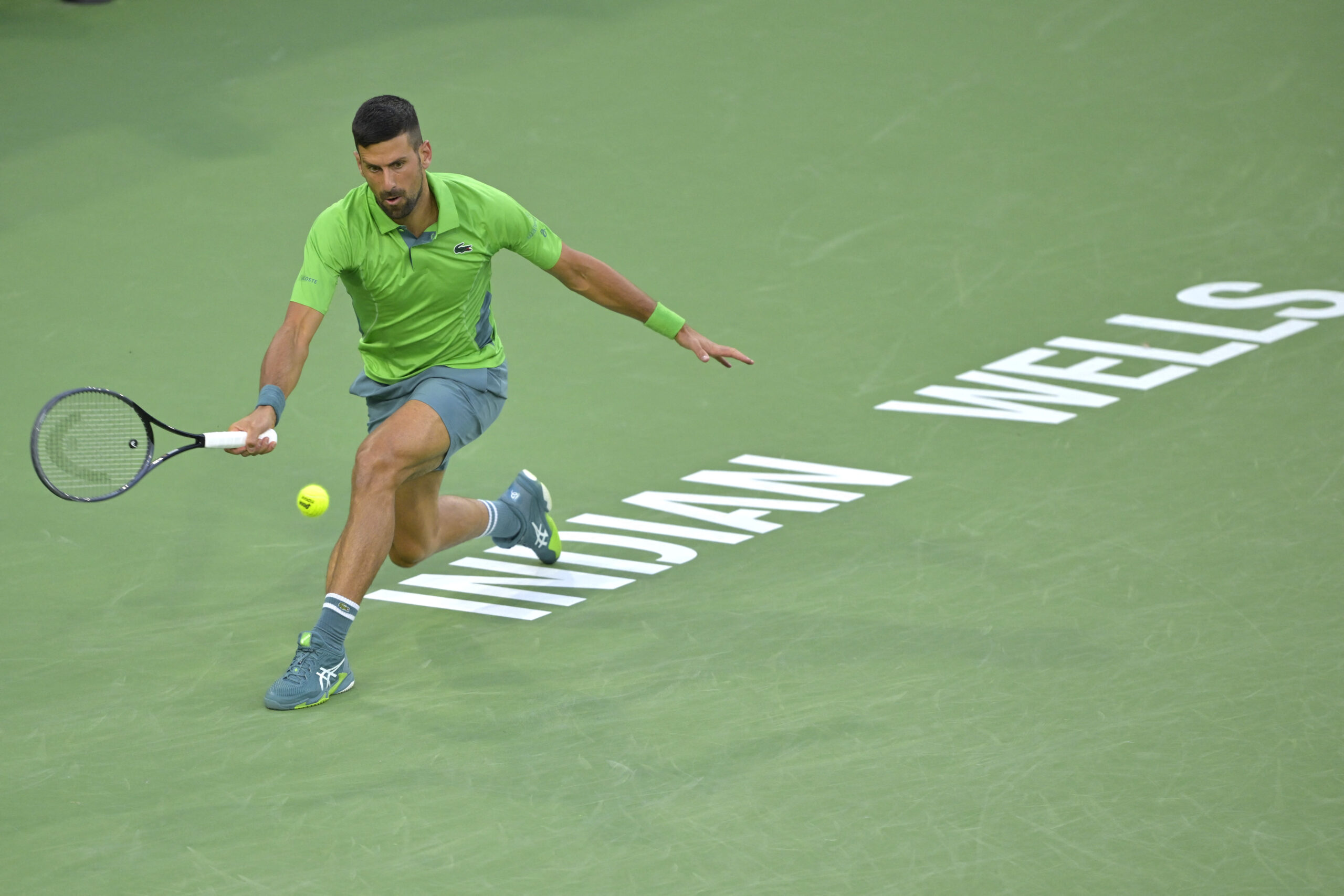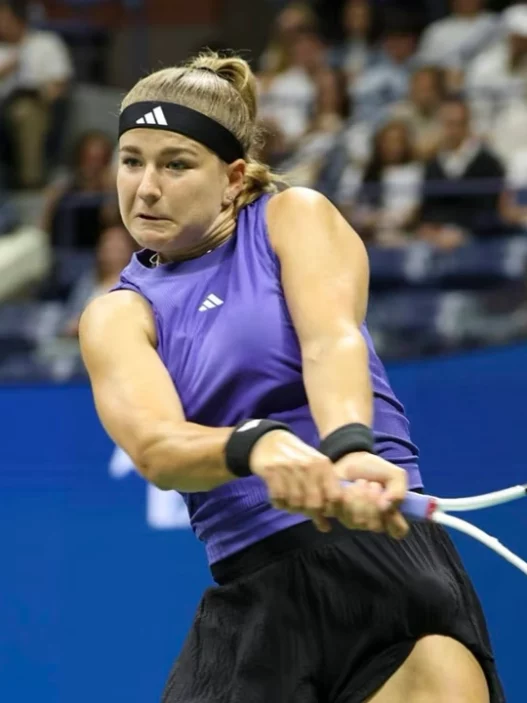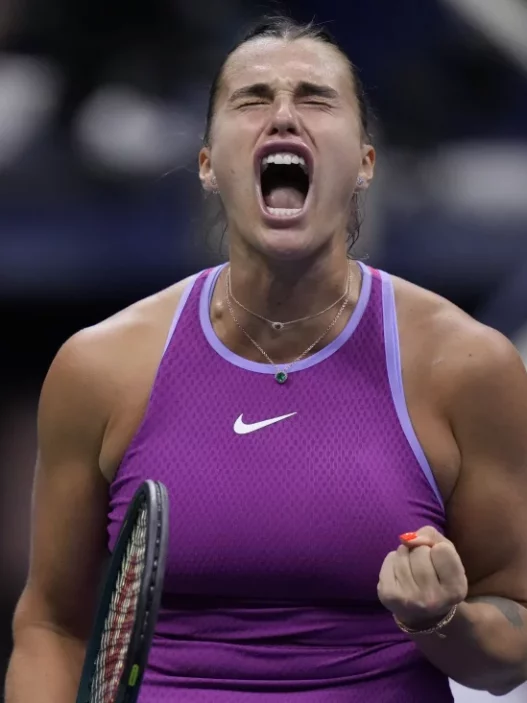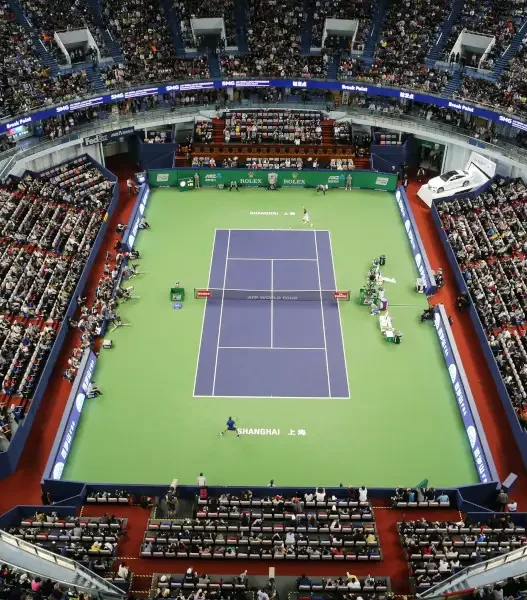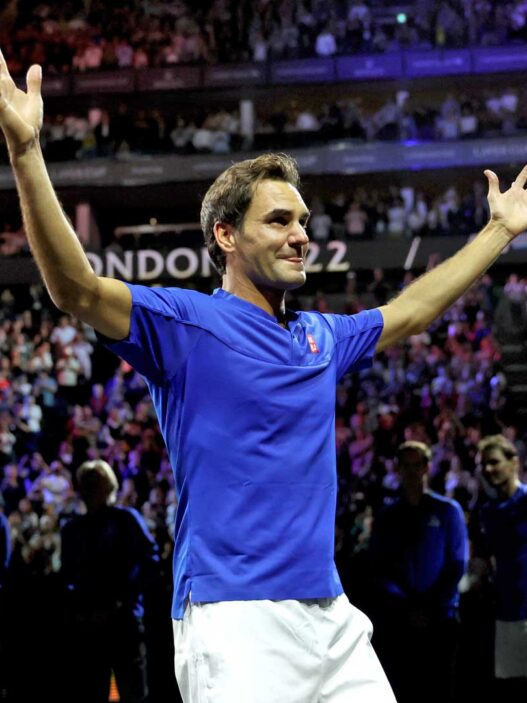There’s a strange kind of gravity in being ranked world No. 3 without a Grand Slam to your name. It suspends you in a limbo between reverence and unfinished business — not quite legend, but no longer chasing the pack. Alexander Zverev, now 28, has lived inside that tension for years. In 2025, that pressure has sharpened into something closer to inertia: he’s still among the best in the world, still a weekly threat, still drawing seeded slots and endorsement deals — but the air around his name is thinner than it used to be.
Back in January, Zverev’s year began with another close brush with history. He made it all the way to the Australian Open final, his third in a Grand Slam. Standing across the net was Jannik Sinner — the prodigy turned powerhouse, fresh off a season of ascendance. Zverev didn’t win a set. The loss was clinical, almost surgical. His serve held, but his rally weight crumbled. The dream of that elusive first Slam again fell short. He walked off Rod Laver Arena not with fury, but with a wearied sort of calm — as though he’d seen this script before, and knew not to rage at its ending.
Still, the season had hope built in. He returned home in April to win the title in Munich, his first in Germany since 2018. He dedicated the win to his late father. Emotion returned to his game, and for a week, the old steam — the kind that once propelled him to ATP Finals glory — surged through his groundstrokes. But clay, which once felt like a natural extension of his baseline-heavy control, brought only diminishing returns.
He reached the French Open fourth round, where he lost to Novak Djokovic. The match was competitive, yes — but in truth, Zverev never truly looked like the winner. In the press conference afterward, asked whether this was a missed opportunity, he quipped: “I lost to Novak Djokovic, not to Hans-Peter.” It was meant as a joke, but it struck a chord. A hint of weariness had crept into his voice. Another Slam gone.
Then came grass — the surface he’s never quite loved. In Stuttgart, he worked his way into the final, dispatching Corentin Moutet and Ben Shelton in tough matches that demanded resilience rather than brilliance. In the final, he faced Taylor Fritz, who was beginning to look like the prototype for the modern grass-court threat — quick first strike, flat depth, swagger. Zverev played solidly but was passive when it counted. He didn’t earn a break point in the match. The second set tiebreak was brutal: 7–0 to Fritz. It was Fritz’s fifth straight win over him. And when Zverev turned to the American and half-joked, “Stay away from me for two or three years,” there was more than a laugh behind the smile.
His season isn’t a failure. But it is running out of storyline. With Carlos Alcaraz and Jannik Sinner turning Grand Slam potential into Grand Slam results, and even players like Taylor Fritz, Ben Shelton, and Holger Rune pushing the envelope, Zverev’s consistent top-tier performance starts to feel like stasis rather than dominance. He’s world No. 3 — but of the current top 5, he’s the only one without a major title.
And that absence — that wide, empty shelf where his legacy could be — has begun to glow more than any of his wins.
His game, on paper, is still built for titles. One of the biggest first serves on tour. A heavy, biting backhand that can pull opponents off balance. Clean movement for someone his height. But in the final moments — a tiebreak, a break point, a tight third set — something hesitates. He pulls forehands wide. He double faults. He tries to guide winners rather than hit through the court. Those aren’t technical errors. They’re scars.
Zverev doesn’t speak of pressure often, but you can see it in his posture during tight matches. The nerves don’t shatter him — they calcify. He becomes cautious. Passive. And at this level, that’s fatal.
This summer’s grass season could be transformative, or it could become a weight. Wimbledon is the only Slam where Zverev has never made the semifinals. His record there is 15–8 — competent, not convincing. If he goes deep this year, he could shake the questions. If he falls early again, the whispers about “never” will grow louder.
Time is a cruel judge in tennis. Zverev is still young in theory. But in sport, youth is less a number than a trajectory. He’s no longer the “next generation.” He is the now. And in a now defined by Sinner’s dominance, Alcaraz’s electricity, and even Medvedev’s intellectual chaos, Zverev’s stoic competence feels unmoored.
And yet. There is a version of this story that turns. A second-week Wimbledon run. A U.S. Open hot streak. A tiebreak that breaks the right way. If anyone can bend momentum back toward belief, it’s a player who’s stood on the edge this many times and still shows up ready to fight.
But legacy is not built in theory. It’s built in silver. And Zverev’s hands, for all their power, remain conspicuously empty.




